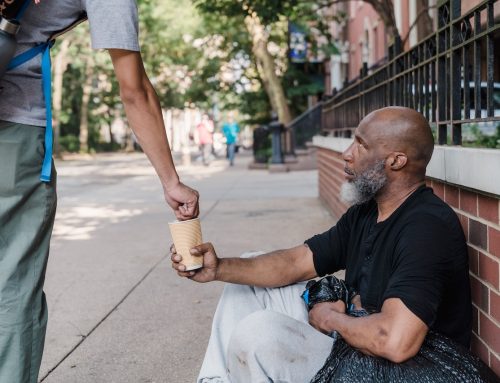Black women’s health and bodily autonomy have been under consistent, unrelenting attack for centuries, a reality that holds true today. The Supreme Court decision to overturn Roe v. Wade and deny millions of people the constitutional right to abortion is expected to disproportionately hurt Black women. The United States is also in the throes of a maternal mortality crisis, in which Black women and people who can give birth are more likely to die from pregnancy-related complications or experience near-misses than their white peers.
These crises did not begin, nor have they persisted in a vacuum. Rather, they reflect long-standing racist and misogynistic efforts to control Black women’s reproduction and, by extension, their well-being and livelihoods. They are rooted in a legacy that includes, for example, efforts to coerce low-income Black women to accept birth control in exchange for cash, state laws that allowed for and even encouraged forcible sterilization, and sanctioned medical experimentation on enslaved Black people that gave rise to obstetrics and gynecology as we know it today.
It is with this backdrop in mind that the Black Maternal Health Federal Policy Collective—a coalition of Black maternal health leaders across the policy, advocacy and healthcare delivery sectors—is working to ensure that policymakers and the public can contextualize and understand the intersections of abortion access and Black maternal health.
Research makes it clear that restrictions on abortion access can adversely affect maternal health outcomes and worsen the physical, social and economic conditions of pregnant people. For example, according to the Turnaway Study, women who are denied abortion care are more likely to experience high blood pressure and other serious medical conditions toward the end of pregnancy, suffer from elevated levels of anxiety and stress, remain trapped in poverty, and stay in contact with a violent partner.
The same holds true at the state level, as states with the most restrictive abortion laws tend to have the poorest maternal health outcomes. A recent study showed that states with higher abortion-restriction scores (based on a composite index) had a 7 percent increase in total maternal mortality, while another study found that total abortion bans can increase the number of Black maternal deaths by 39 percent, and overall maternal deaths by 24 percent.
It is disingenuous for radical politicians to claim they care about our nation’s ongoing maternal mortality crisis, while they simultaneously attempt to limit or ban abortion access and force people to continue an unintended or unwanted pregnancy. And it is particularly unconscionable to do so at a time when Black women and people who can give birth are disproportionately dying from pregnancy-related complications or experiencing severe health conditions exacerbated by pregnancy.
Every person should be able to decide whether or not to continue a pregnancy, free of interference from politicians and draconian state laws. Sex, pregnancy, birth and even abortion are not going to stop in the face of abortion restrictions or the maternal mortality crisis. Policies that seek to improve Black maternal health must necessarily include policies that expand access to abortion care.
We call on policymakers, advocates and the public to take action to holistically advance Black maternal health and address the abortion crisis that is disproportionately affecting Black women and people who can give birth—and that any efforts must acknowledge the critical intersections and context of these crises.





